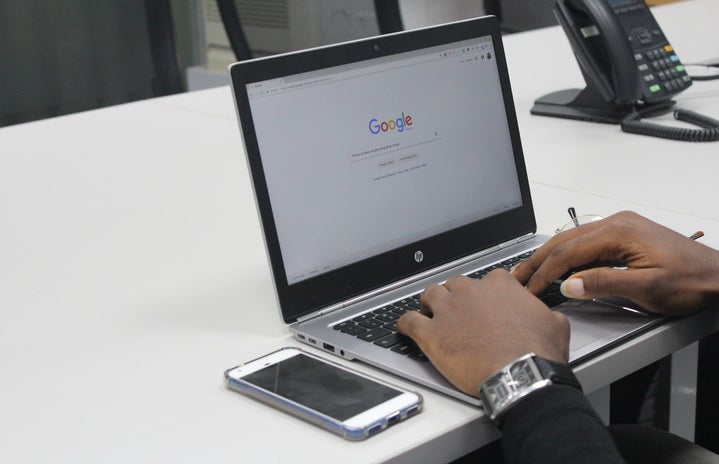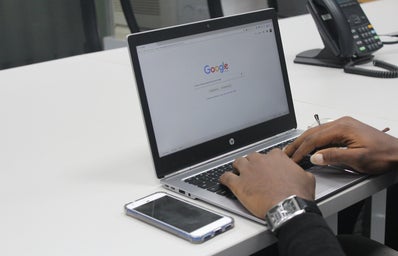We all know what basic human rights should be: water, food, shelter, healthcare, and electricity – but is internet access a basic human right? According to the United Nations (UN), it should be. Article 19 of The Universal Declaration of Human Rights promotes and protects the enjoyment of human rights on the internet stating, “Everyone has the right to freedom of opinion and expression; this right includes freedom to hold opinions without interference and to seek, receive, and impart information and ideas through any media and regardless of frontiers.” They have even gone as far as saying that access to the internet is the “new oil”, which is a shocking statement, but makes sense when you think about it.
Universal internet access is a new and somewhat obscure idea. During the COVID-19 pandemic, we have finally seen the dire need for universal internet access. Almost all of us are relying on the internet. Whether it is for work, school, or social interaction. The Pew Research Center conducted a study about the use of the internet during the pandemic: they concluded that 53% of Americans said that the internet was essential, while another 34% described it as important. Lack of internet access puts those who don’t have reliable internet at a serious disadvantage during the pandemic. Without the internet, students all the way from preschoolers to college can’t learn, putting them behind academically. If employers are not able to provide adequate internet services, employees can’t complete the tasks required for their job. With large corporations charging obscene prices for the most basic packages (which can’t handle the bandwidth of an entire household using the internet for school, work, and entertainment), it is impossible to ignore the inequities of internet access. While we are lucky in the US to have access to broadband internet in the majority of the country, many rural or impoverished areas don’t have high-speed internet connections. Which, once again, puts many at a disadvantage. Just like lack of water, electricity, or shelter, you can’t move up socially, economically, or politically without the internet.

Our society is highly intertwined with technology – we rely on the internet for basically everything. Most importantly, we rely on it regularly to express our opinions and find information on things that are important to us. On the lowest level of Maslow’s Hierarchy of Needs, we have our physiological needs (food, water, shelter), but on the second to lowest, we require security and safety. This includes employment and resources related to morality. But even if you look at the higher levels, they include social interaction and self-achievement. In reality, you can’t meet your needs as a human in today’s society without the internet; we use the internet to talk to our friends and family, pay bills, secure employment, learn, make health appointments, and enjoy entertainment. So yes, it’s now time to include internet access as a basic human right and it should be accessible and affordable to everyone.
https://www.brookings.edu/blog/techtank/2016/11/07/the-internet-as-a-human-right/



